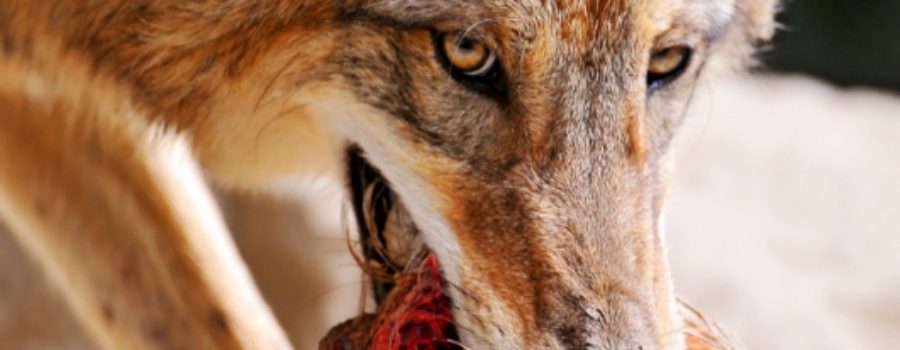Why is change so scary?
As human beings, we’re wired to recognize when conditions are different from how there were a few seconds ago. Our eyes function on movement. Our ears detect noises, even while we’re asleep. Our inner ear senses tilt and motion in six separate axes. Even our skin can detect differences in temperature as low as 1 degree, and anyone who’s broken a bone will tell you we can detect changes in barometric pressure. We’re designed to detect change. It’s in our very nature.
Over time, the ability to detect change and prepare for disaster has enabled our survival. Our distant ancestors knew that a change in the quiet stillness of the night meant a wolf or other predator was stalking our livestock. Our agrarian ancestors knew that a change in the weather might mean the failure of our food crops. Businessmen know that a change in the market can mean the failure of a business venture, or the corporation as a whole.
Change isn’t truly scary, but we’ve become so used to expecting the worst that we think we must. We’ve taken these five senses and through millennia of self-conditioning we’ve come to attach the emotion of fear to change. In this view, it makes perfect sense. Change was something that risked the delicate balance of the status quo, and every possible outcome resulted in starvation, injury, or even death at the hands of a predator.
But today, change rarely results in any of those drastic ends. For the most part, change today means finding a new job, relocating to a new city, or having to re-enter the dating field; a far cry from a midnight battle with a pack of wolves for your livestock.
With your physical safety secured, change is only scary because it removes our comfort. We get comfortable in our existence, our jobs, our relationships, and in our comfortable lives. When change comes, it’s typically because we’ve been lulled to passivity by comfort and have been ignoring warnings our more vigilant ancestors would have recognized in seconds.
Instead of fearing change, try sharpening your change receptors and keep alert of the life that’s going on around you. Stay in tune with your work, with your peers, with your family. Keep focused on how things are, the way they are moving, and what changes that might be coming down the road. And there’s always change coming down the road.
If you can see it coming, change is an opportunity rather than an obstacle. Early humans seized on opportunity and turned their biggest threat, the wolf, into the most popular pet on the planet. Harness your fears, prepare yourself, and seize the opportunities when they come.
Also published on Medium.







You must be logged in to post a comment.